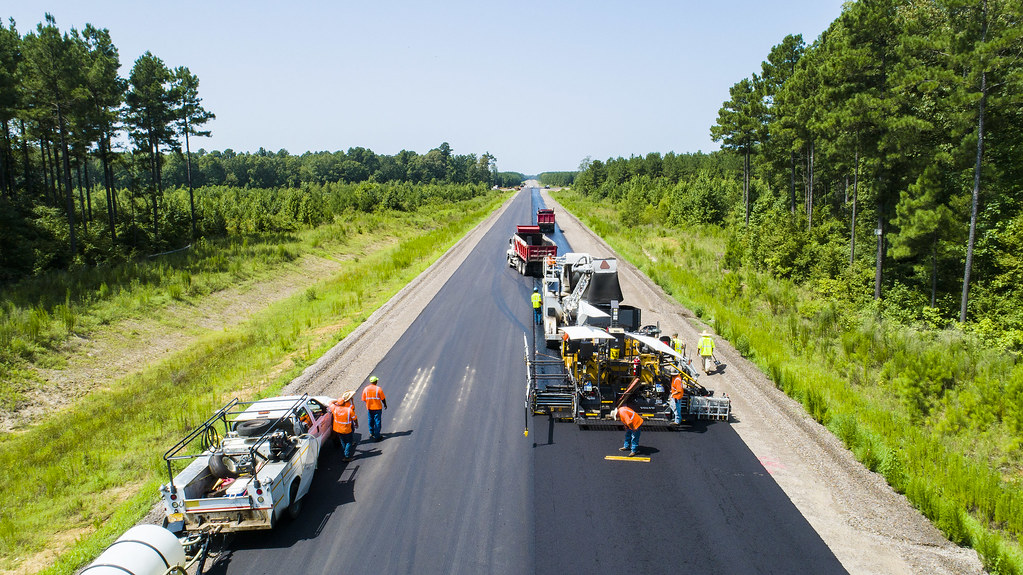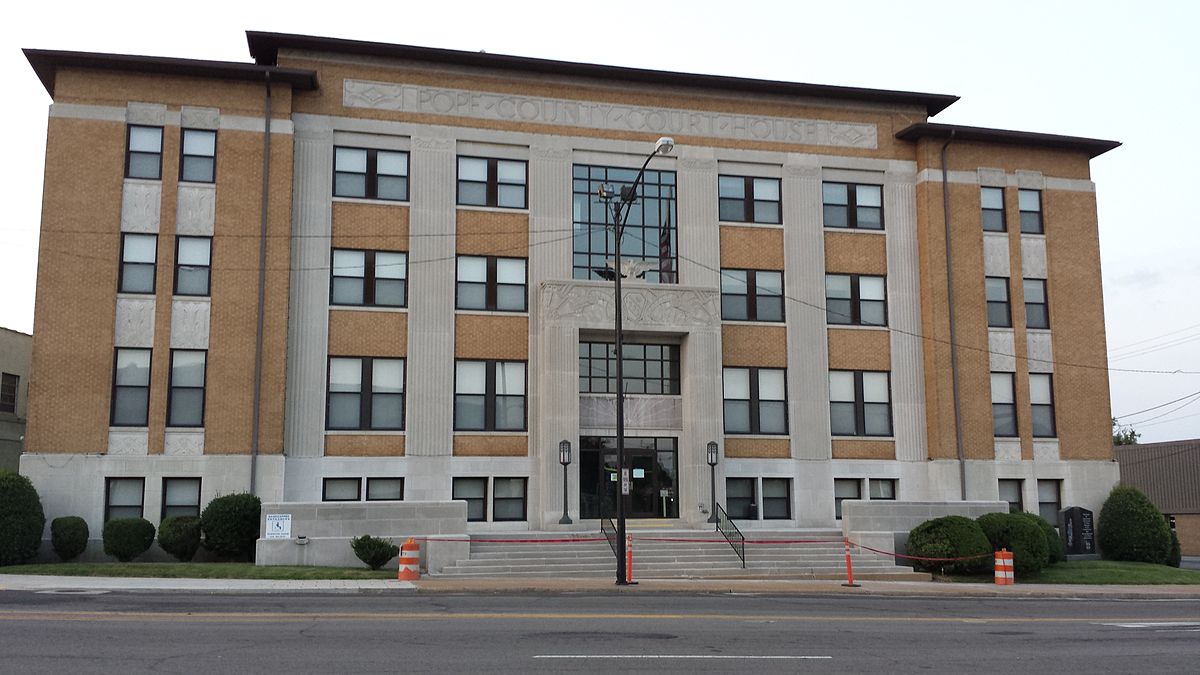By Thomas Beckett, Arkansas NMA Member
Editor’s Note: In 2020, for the Driving in America blog, Thomas has already written three posts on how a small state like Arkansas is working to fund infrastructure projects and an additional post on how Arkansas is raising speed limits. His last post was Part 1 of Wanna Bet?
- Driving in America—Arkansas Report Part 1
- Nothing as Permanent as a Temporary Solution—Driving in America: Arkansas Report Part 2
- Motorists Vote 2020: Arkansas Ballot Issue 1
- Hammer Down! Highway Speed Limits Increase in Arkansas
In earlier installments of this series, I detailed the process that led to the passing of Amendment 100, which authorized casino operations in Arkansas (tax money will help fund the state’s infrastructure) and how that Amendment was to be implemented.
To review, the Amendment passed in November 2018, with 54 percent of the statewide vote. Part of the rules implementing Amendment 100 required a letter of support from the County Judge, who acts as the county chief executive officer, and the mayor of the city where the casino was to be located if it was to be located within city limits. These letters were to be submitted to the Arkansas Racing Commission with the proposed operator’s application by the then sitting County Judge. All applications had to be submitted to the commission by May 30, 2019.

Credit: C Watts
As of that date, five applications had been received for a casino in Pope County: the Gulfside Casino Partnership of Mississippi, Cherokee Nation Businesses, the Choctaw Nation, Tri-Peaks Entertainment, which will operate under the Hard Rock Café name; and Robert and Ruth Kehl of Iowa, operating as the River Ridge Casino Resort. At stake is what the Cherokee Nation Businesses estimate will be $5 billion over ten years in economic activity and the resulting taxes to the state, a significant portion of which will go to roads.

Credit: Arkansas Highways
There is a twist here, however.
Pope County passed a local ordinance requiring a county-wide vote by residents before the county judge could issue a letter of support for a casino there.
While the amendment passed statewide with 54 percent of the vote, it should be noted that it failed in Pope County by a 60-40 margin. At the same time, the Pope County ordinance 2018-O-42 was passed, restricting the County Judge’s ability to issue a letter of support. The ordinance required any such letter to be approved by a majority of registered county voters-not a majority of votes cast. Since there were 34,792 registered voters in Pope County at the time, 17,397 would have to approve the letter. Since only 18,051 people voted in 2018, that would likely be an unreachable goal. It should be noted that in the 30-day comment period before the adoption of the rule requiring the letter of support, there were 194 comments, 188 of which were from Pope County. Of those, 162 opposed the casino, and 26 were in support.

Credit: Sheep “R” Us
That law would later turn out to be a sticking point when outgoing county judge Jim Ed Gibson supplied a letter of support to the Racing Commission in late 2018, as mayor Randy Horton of Russellville did. The letter supported the Mississippi developer Gulfside Casino Partnership, which had yet to submit an application. An additional twist was that the Racing Commission adopted the letter requirement and codified into law during the 2019 legislative session, becoming Act 371 on March 8th, after Gibson and Horton had issued their letters after they had left office.
Incoming County Judge Ben Cross took office in January 2019 and threw his support to the Cherokee Nation, which operates several casinos in Oklahoma, the nearest to Russellville about 90 miles to the west in Roland, OK, just over the state line from Van Buren and Fort Smith.
On October 28, 2019, the county ordinance was repealed and then declared unconstitutional the following day by Judge Bill Pearson of the Fifth District Circuit Court in Clarksville. The reasoning was that the ordinance took away powers granted to local officials under Amendment 100. Ordinances cannot add any additional qualifications to constitutional amendments.
It would not be a truly American event unless there were lawyers involved, so, of course, the lawsuits flew.
Gulfside Casino Partnerships sued because its application was denied-more on that later. Citizens for a Better Pope County, a group opposed to the casino, sued to void the local ordinance (requiring county residents to vote before the county judge could issue a letter of support for a casino) because it was unconstitutional. The Fifth Circuit agreed (see the previous paragraph), deciding that the Pope County ordinance was unconstitutional, as noted above. Curiously, Citizens for a Better Pope County filed to drop the lawsuit the day after the Fifth Circuit ruled and did not publicly express a reason for the motion. Simple enough, right?

Not so fast.
Meanwhile, new Pope County Judge Ben Cross, who had assumed office on January 1, 2019, and some members of the Quorum Court, a group of 15 Justices of the Peace that act as a county legislature, had come to an agreement with Cherokee Nation Businesses to support them for the license. This agreement, which included a provision to spread $38 million “economic development fee” among Pope County, several cities, and non-profits, was not the bone of contention, so much as was the fact that Cross and the Quorum Court members had met with the Cherokees in private, presenting the deal to the entire court on August 13, 2019, which approved it.
In November, Judge Cross issued two letters of support for the Cherokee Nation application, one for a location near Russellville, the other for a location near Dover, whose mayor also issued a letter supporting the Cherokee application.

Credit: Brandonrush
In its lawsuit, the group Citizens for a Better Pope County asserted that the meetings with the Cherokees violated the Arkansas Freedom of Information Act. The Fifth Circuit held that these meetings did not violate that law. Judge Bill Pearson stated that the FOI law allows officials “to have a little bit of, you know, talking among each other.”
Meanwhile, Gulfside Casino Partnership cried foul and sued the Racing Commission on August 15, 2019, to restore their application after it was denied due to the letters in support issued by the outgoing officials and not the current officeholders.
This lawsuit would bounce around for months, but I’ll get back to that in the next installment of the casino saga, which will continue after a break to address the sales tax question on the ballot in November’s election.
Editor’s Note: The opinions expressed in this article are those of the author.







